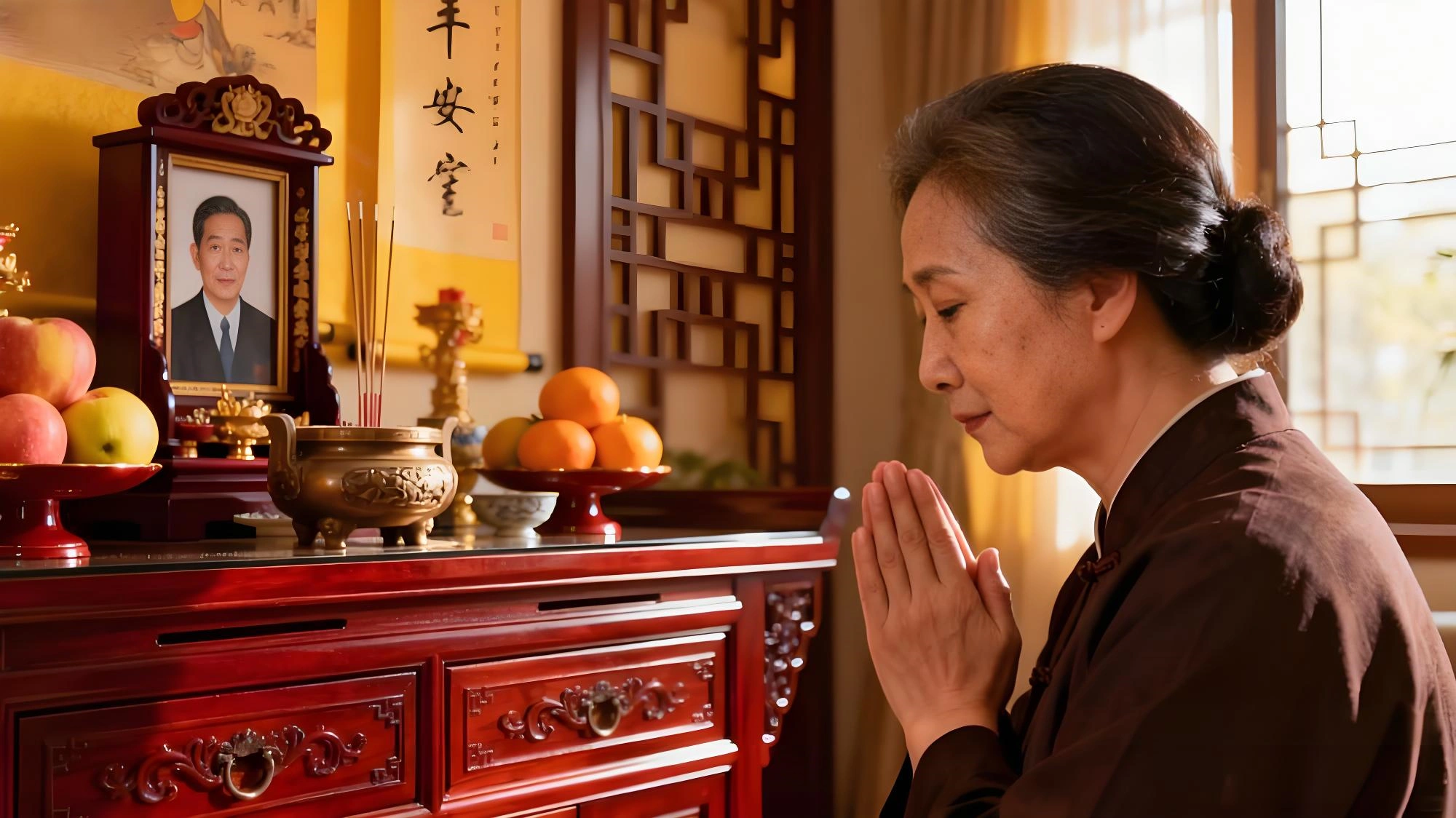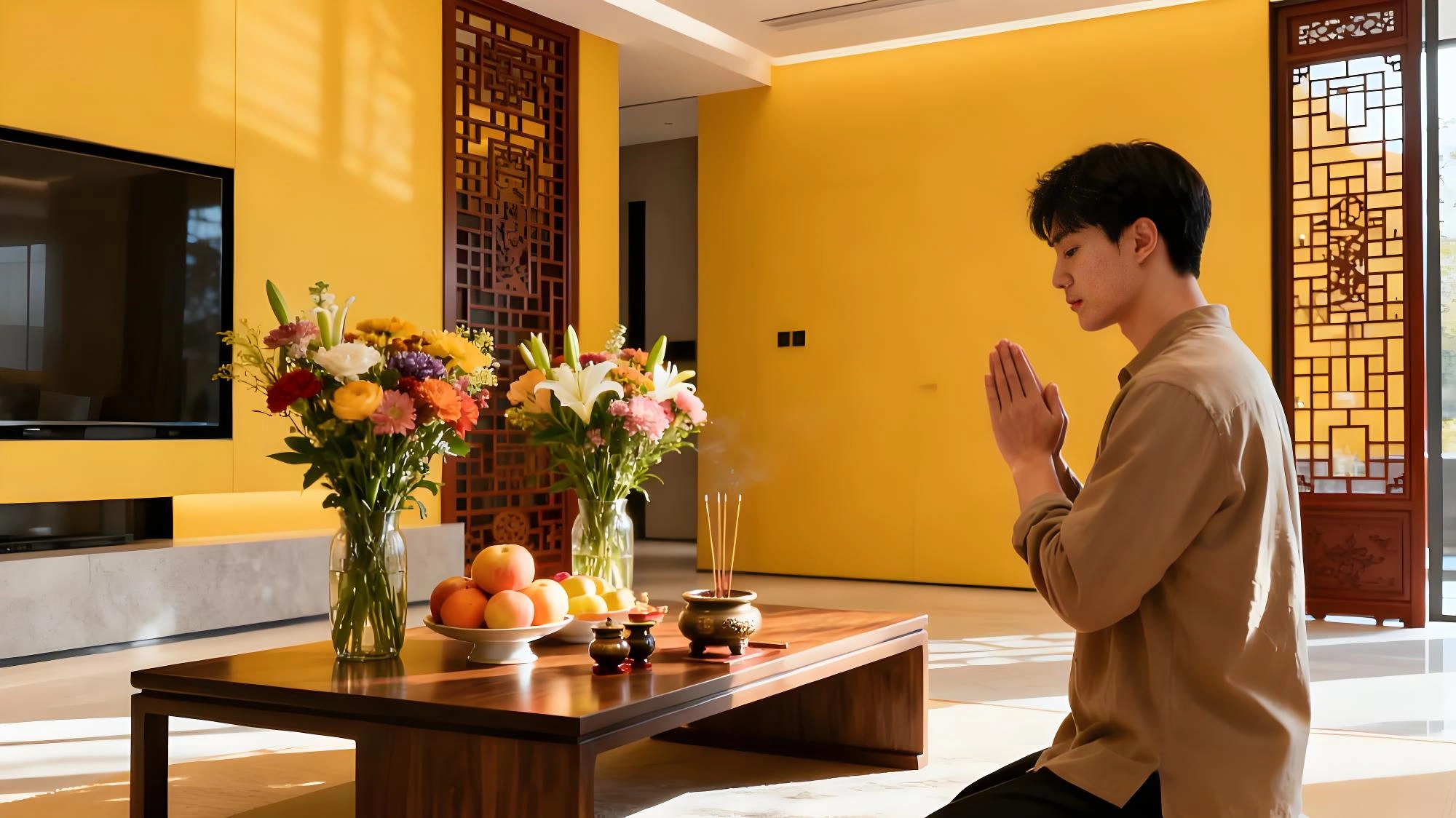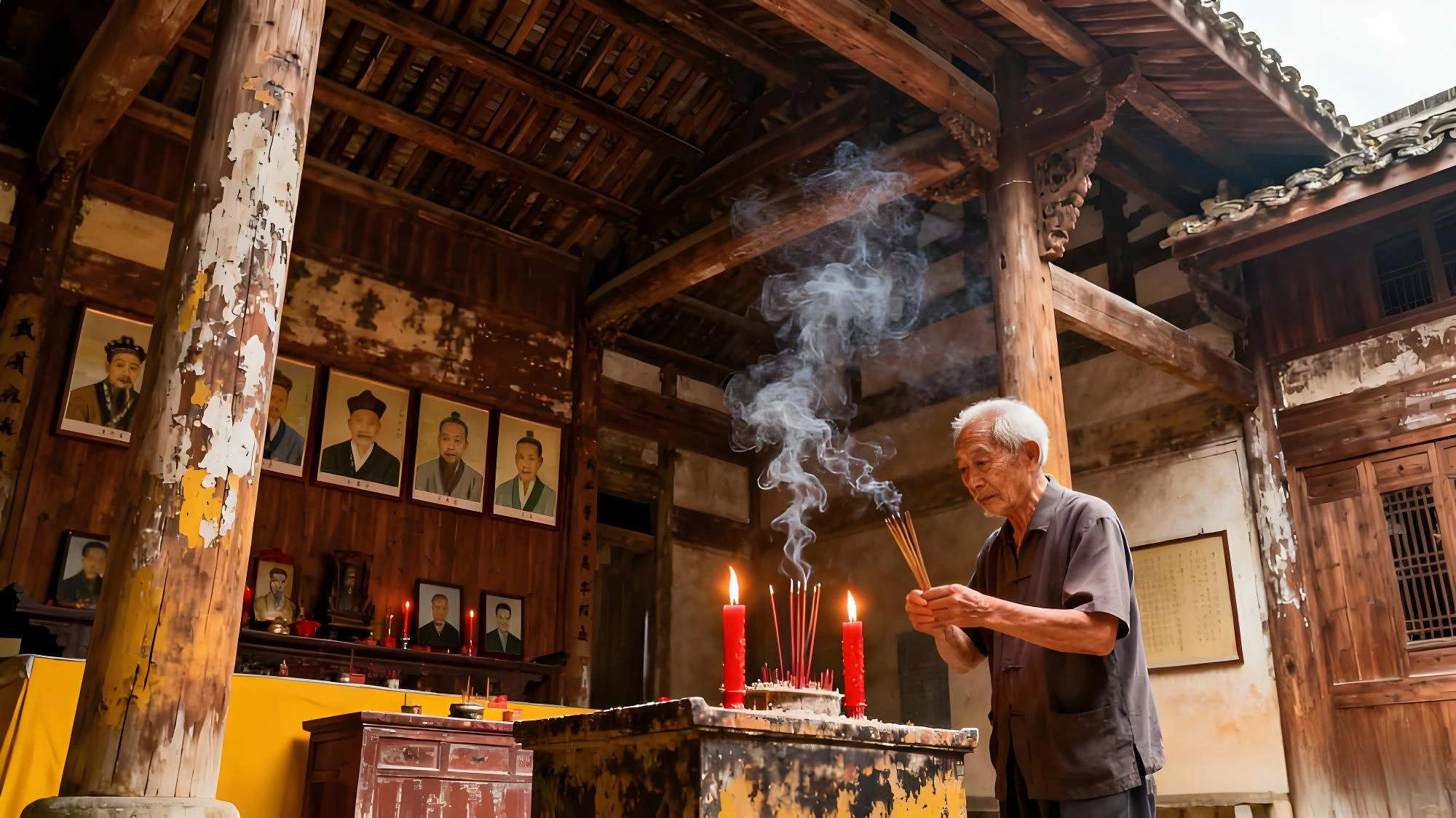If Ancestors Have Reincarnated, Is Worship Still Meaningful?
This is a question that troubles many people: since ancestors may have already reincarnated, what is the meaning of our worship and paper-burning rituals during festivals? In fact, this question touches upon the core value of traditional sacrificial culture. By understanding the concept of the "Three Souls" in traditional Chinese culture, we can find a profound answer to this question.

According to traditional wisdom, after death, a person has three souls: the Heaven Soul, the Earth Soul, and the Human Soul. The Heaven Soul returns to the universal Dao, the Earth Soul enters the cycle of reincarnation, and the Human Soul remains in the world, becoming the guardian of the family. The object of our worship is precisely this remaining Human Soul, not the reincarnated Earth Soul.

The significance of worship is mainly reflected in three aspects: First, it is a process of "energizing" the ancestor's Human Soul. Through offerings, burning paper, and sincere kneeling, we transmit the energy of filial piety, helping the ancestor's Human Soul to purify and elevate, thereby better protecting the family. Second, worship is an important way to "root" ourselves. In the fast-paced modern life, ancestor worship rituals connect us with our family history, providing a sense of identity and spiritual belonging. Finally, it is an effective way to pass on family virtues. Through worship rituals, we transmit core values like filial piety and gratitude to the next generation.

Therefore, even if the ancestor's Earth Soul has been reincarnated, worship still holds profound meaning. This is not only a continuation of traditional culture but also the maintenance of family emotions and the inheritance of spiritual values. Every sincere act of worship is a contemplation of the essence of life and a search for family roots.

